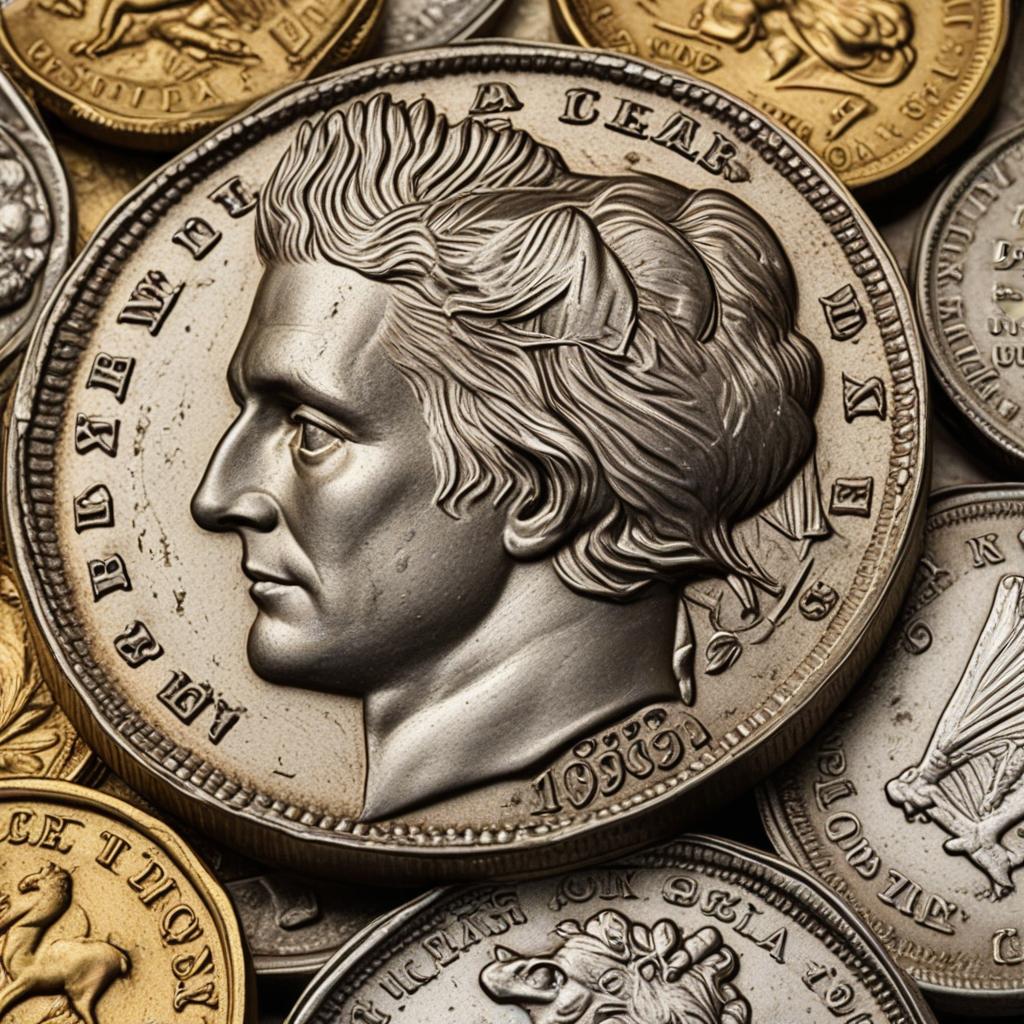

Rare Coins vs. Bullion: Which Investment is Best for Irvine Collectors?
Introduction
Welcome to the world of investing in precious metals! As an Irvine collector, you may have heard the terms "bullion" and "rare coins" being thrown around in the investment world. Both of these are popular options for those looking to diversify their portfolio and add a touch of glamour to their investments. But which one is a better choice for Irvine collectors? In this blog post, we'll break down the differences between rare coins and bullion and help you make an informed decision on which may be the best investment for you.
What is Bullion?
Bullion refers to precious metals that are in the form of bars, ingots, or coins, and are valued solely for their metal content. This is often the more traditional investment choice and is backed by the intrinsic value of the metal itself, instead of rarity or historical significance. Bullion can be made from gold, silver, platinum, or palladium and is typically purchased in large quantities by investors.
What are Rare Coins?
Rare coins, on the other hand, are coins that are not only made of precious metals, but also hold historical or numismatic value. This means that they have value beyond the metal they are made of and can be worth much more than their actual metal content. Rare coins are often sought after by collectors for their story, rarity, and condition.
Pros and Cons of Bullion
One of the main pros of investing in bullion is its liquidity. Precious metals are highly liquid assets and can easily be sold for cash. Bullion is also a more straightforward investment as its value is solely dependent on the metal market. However, one major con is that bullion does not typically appreciate in value as much as rare coins do. Its value is usually tied closely to the spot price of the metal, making it a riskier investment option.
Pros and Cons of Rare Coins
Investing in rare coins can be a more exciting and potentially lucrative option for collectors. These coins often appreciate in value over time, especially if they are in high demand or have historical significance. Rare coins also offer investors a more diverse range of options, as there are a multitude of different coins from various time periods and countries to choose from. However, one downside is that rare coins can be less liquid compared to bullion and may be harder to sell if the market for them is down. SubHeading6Title: Conclusion SubHeading6Text: In the end, it all depends on your personal investment goals and risk tolerance. Both rare coins and bullion have their pros and cons, but it ultimately comes down to what type of investment you are looking for. If you prefer a safer, more traditional option, bullion may be the way to go. But if you are willing to take on a bit more risk for potentially higher returns, rare coins could be the better choice. Whichever you choose, as an Irvine collector, you are sure to add a touch of elegance and prestige to your investment portfolio.





